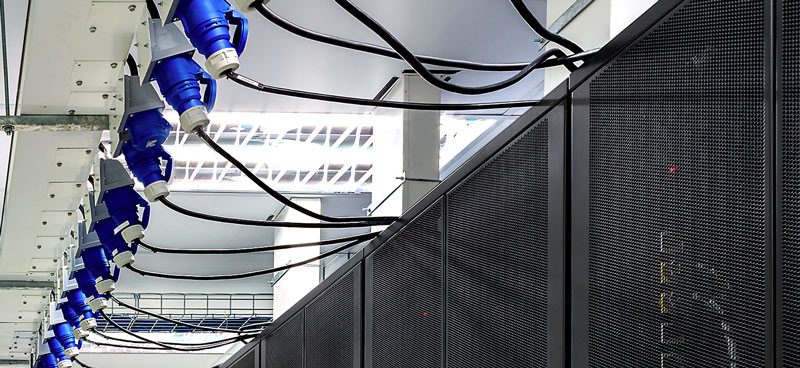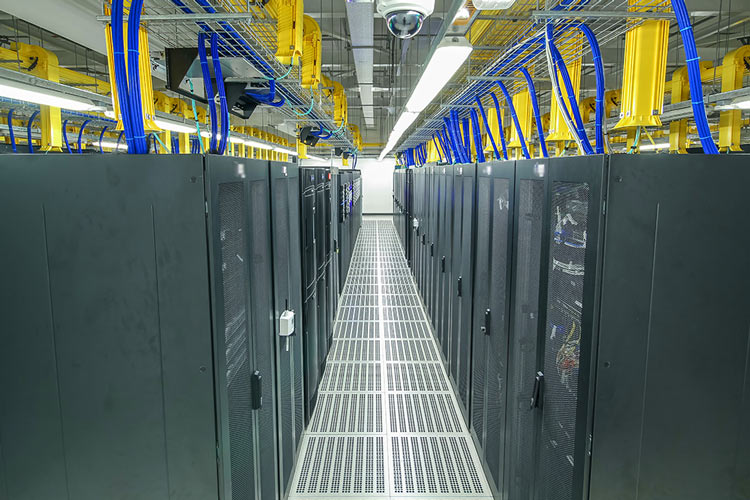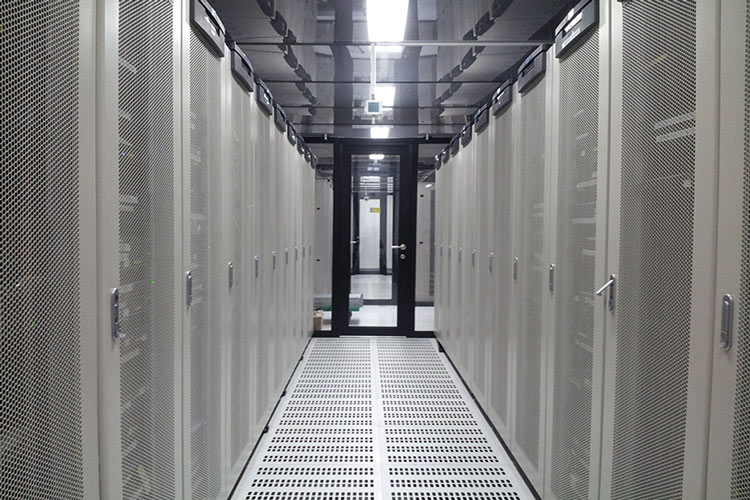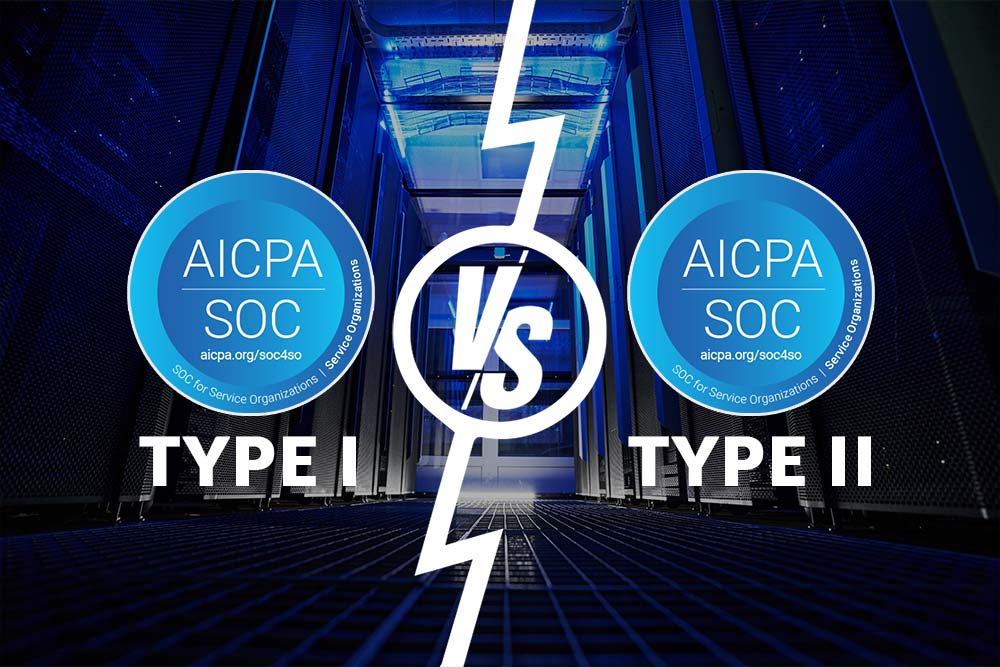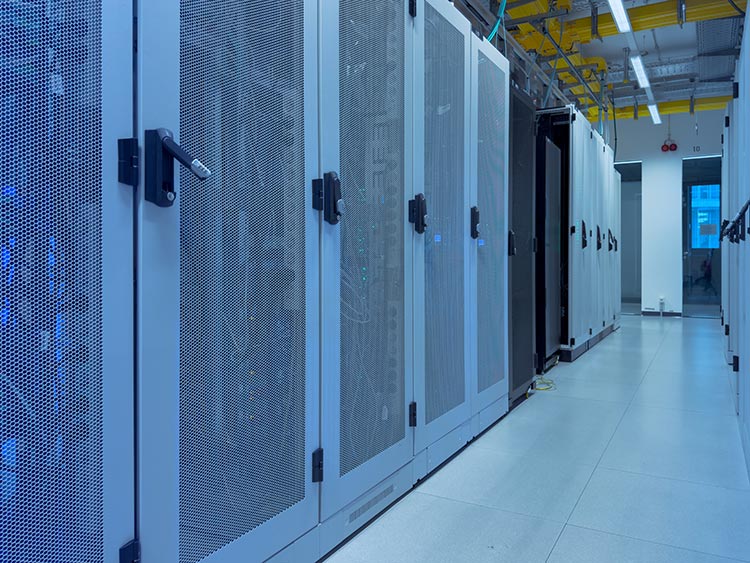When trying to decide if colocation is the right solution for your company’s data center needs, it can be hard to know what factors will determine the price of this service. To understand these factors, we will first look at what colocation services are and how the power ratings of hardware might impact the price of these services.
What is Colocation?
As business technology needs rise, colocation services are becoming a more popular option for businesses to turn to for their storage needs. Colocation is when a company leases space for their equipment in a data center that will provide power, network bandwidth, and other facility systems that are needed to power and maintain the equipment. Generally, the data center has no access to a company’s data provides space for a company’s equipment.
This service is growing in popularity as regulations and security concerns are pushing companies away from the practice of leasing space on hardware owned by third-party vendors. The demands of modern best practice are making it necessary for companies to purchase their own hardware for which they can verify the security and confidentiality of the data stored within. Colocation services give companies the ability to own and operate their own equipment while sharing the costs of powering the equipment with the data center and their other customers.
Differences in Power Ratings:
Electricity is measured in some ways depending on the context. Watts and amps, or amperes, are two of the most common measures of electrical power. These units are the key to determining your hardware’s power ratings, which, in turn, determines your power needs. Each piece of equipment in your setup will have different power usages listed in their documentation. Most commonly these will be listed in watts or amps. Watts are actual power at hand that is being used to power an operating device, whereas amps are the apparent power that is found in the electrical current moving through the system.
Watts is known as real power, as they are the power that performs work or generates heat. Power in watts is the rate at which energy is consumed by your device while it is operating. To determine the watt energy costs of your equipment, you would combine the individual power ratings of each device to figure out the amount of wattage that you would need.
Amperes, traditionally shortened to amps is a measurement of power that functions much differently than the measurement of watts. The main difference with amps is that they do not measure the direct power to your equipment, they measure the current of electricity that is drawn by your circuits, devices, and power cables as a whole. The purpose for determining your amp usage is mainly so that your data center knows how much current your devices will pull so that they can decide what you can safely power at a time and what connections and lines you will need to ensure the transfer of power safely.
How Power Needs Impacts the Pricing of Colocation Services:
After discussing the different types of power and what they mean in regards to colocation services it is easy to see that your power needs are an important factor in the pricing of your colocation services. Since colocation prices are based on power needs, it is important that you assess all your equipment to be sure that your system is designed as efficiently as possible. Once you have assessed your equipment and the power that they draw, you will have a clearer picture of how your power needs to impact the cost of your colocation services.
Discover how Volico can help you with your Colocation Data Center needs.
• Call: 888 865 4261
• Chat with a member of our team to discuss which solution best fits your needs.

